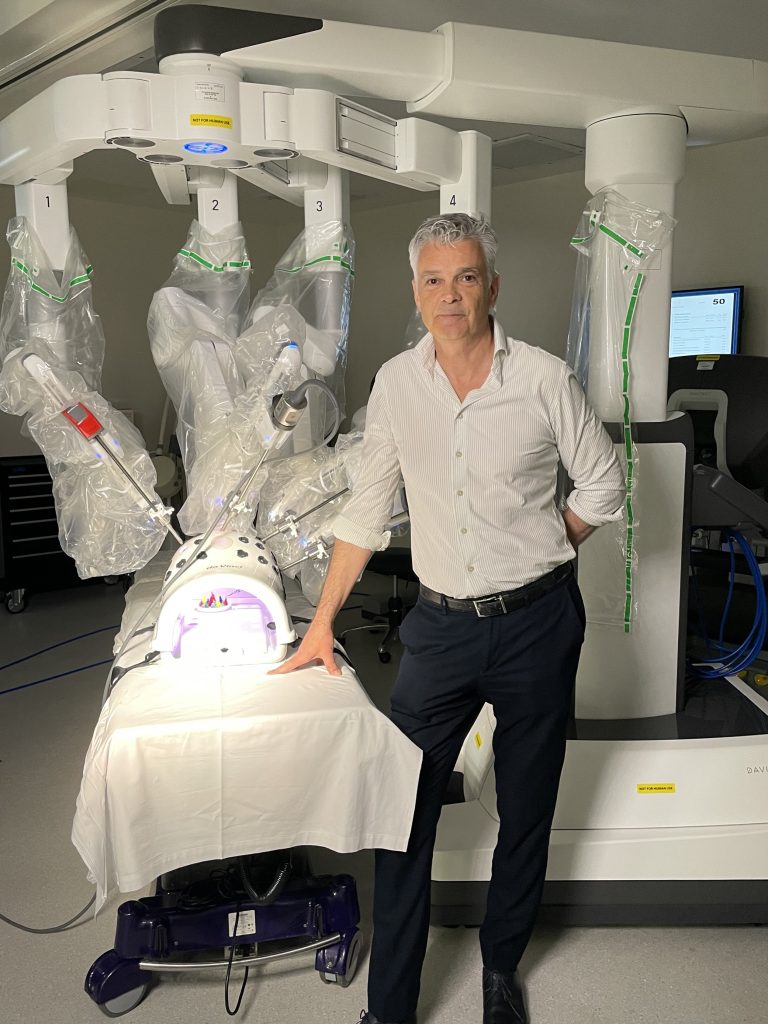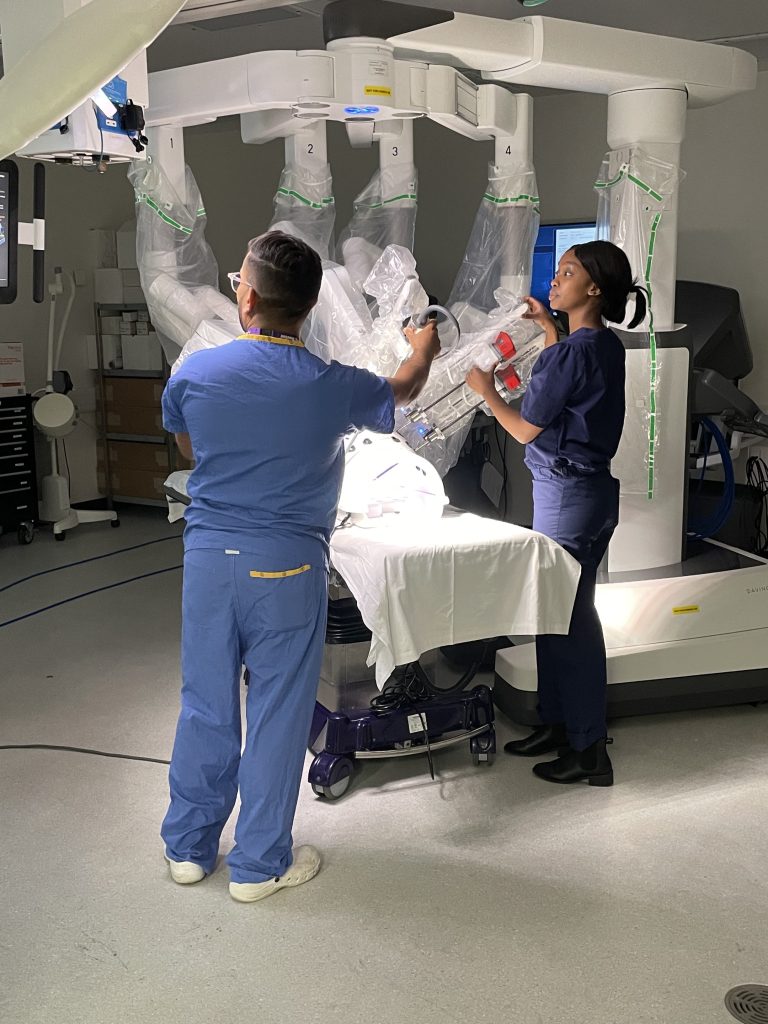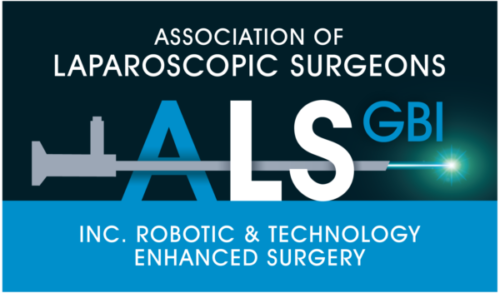Newcastle Hospitals has partnered with Intuitive to launch a programme designed to train the next generation of robotic surgeons.
The first of its kind in the UK – the programme will support surgical trainees from across the North East of England to gain hands-on experience of robotic surgery at the Freeman Hospital’s Newcastle Surgical Training Centre.
More than 30 surgical trainees in urology, colorectal, HPB and upper GI from trusts across the North East are enrolled in the programme designed to create early exposure to robotic surgery sooner in a surgeon’s career.
The da Vinci Academic Surgical Trainee Programme is being run by Newcastle Hospitals in partnership with Intuitive, the pioneers of robotic surgery and makers of the da Vinci surgical systems that are used across the majority of trusts in England. NHS England Education North East (formerly known as HEENE) also provided some financial support to the programme.
Newcastle Hospitals pioneered the use of da Vinci systems and offers one of the most comprehensive robotic surgery programmes in the UK. It is also the only hospital trust providing robotic surgery in eight specialties.
Professor Alan Horgan, consultant colorectal surgeon at Newcastle Hospitals is the co-director of the Newcastle Surgical Training Centre and believes the training programme has huge benefits for trainees in the region. He said: “This means a lot to the Newcastle Surgical Training Centre and also to the trust – to be the first of its kind in the UK and indeed in Europe to be running a surgical training programme which will allow all trainees to become proficient in robotic surgery by the time they complete surgical training.

“This is the only region where we are offering all trainees the chance to become skilled at robotic surgery and that means a lot for our region in terms of attracting the best and brightest trainees.”
Current practice within the NHS sees a surgeon begin training to use a robotic system once they have qualified as a consultant, which can limit the amount of experience a trainee surgeon can have on robotic systems.
Professor Horgan continues: “Prior to the launch of the programme trainees had very limited access to robotic surgery – they could watch robotic procedures and could do some simulation training in their own time but they had very limited ability to perform procedures themselves.
“For our patients this is great news as there will be more and more surgeries being performed robotically in the future and it means their surgeons will be trained at an early stage to perform these procedures and they can take full advantage of the technology.”
One of the first trainees to join the programme is Abraham Joel an ST8 resectional UGI trainee. He said: “In my opinion robotic-assisted surgery will become the gold standard of care and represents the future for surgeons, so I am grateful to have been involved in this programme run by the Newcastle Surgical Training Centre and have access to train on such innovative technology. The ability of this training programme to record and track progress is so important too, both for our own learning and for the oversight of our mentors.”

The programme enables trainee surgeons to begin robotic surgery much earlier in their careers and follows a global four-phased structured curriculum.
Once the trainees have successfully completed all four phases of the programme they will be awarded with a training equivalent certificate, which shows technical competence of the da Vinci system.
David Marante, Regional Director at Intuitive UK and Ireland, said:
“We are excited to collaborate with the healthcare institutions in the North East of England to run the UK’s first programme to train the next generation of surgeons to use da Vinci systems.
“We look forward to working with this cohort of trainees over the next three years who represent the future of surgery here in the UK, as they go on to utilise our technology to support the NHS in improving outcomes and productivity and deliver better overall experience for patients while lowering the total cost of care.”
Professor Namita Kumar, Postgraduate Dean NHSE Education NE said:
“The North East and North Cumbria is well known for its high quality medical education and training. There is no doubt that the NSTC has been a big contributor to this. As a region we are also innovative as well as forward thinking, and the NSTC Robotic Centre being another such achievement.
There is no better way of marking my 10th year as Postgraduate Dean. Our strength is in our ability to work together and this is yet another example, I am very proud of what we have achieved together”
Richard Bellamy, Deputy Dean for NHS England North East said:
“It is fantastic to be able to support this opportunity provided by Newcastle Surgical Training Centre. This incredible innovation by NSTC will mean our doctors are the best prepared they can be for robotic surgery. This is the future for surgical training!”
Paul Gallagher MD FRCSEd FFSTEd MBBS (Head of School of Surgery) said:
“This is a fantastic opportunity for the surgical trainees in our region, and will provide skills necessary for our future consultant workforce. This collaboration allows state of the art training in robotic surgery, and means our region leads the way in UK simulation training”







